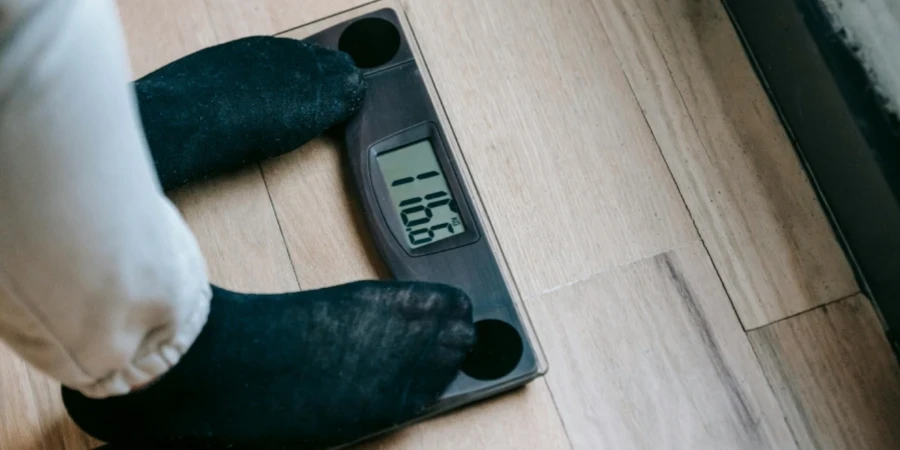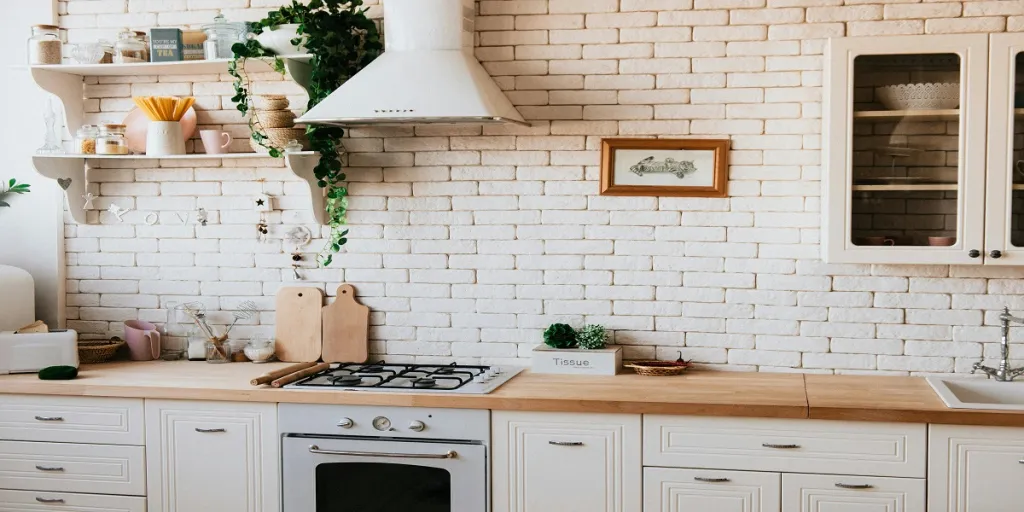Table of Contents
● Introduction
● Market overview
● Different types and their features
● Things to consider when selecting products
● Conclusion
Introduction
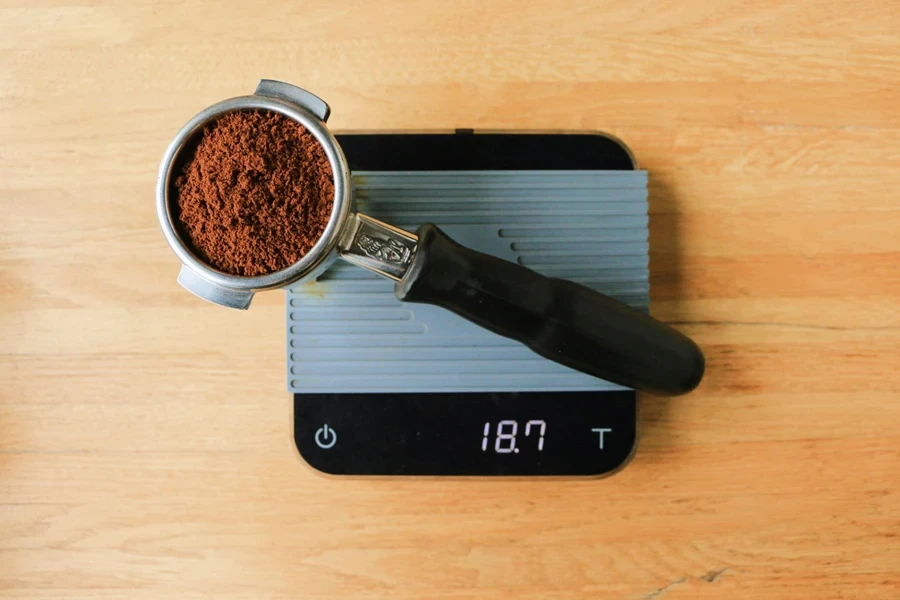
Household scales are essential tools in modern homes, aiding in both maintaining a healthy lifestyle and ensuring precise cooking measurements. The market for these scales is expanding, driven by technological advancements and increasing health consciousness. Various types of scales, from traditional analog to advanced smart models, offer diverse features tailored to specific needs. Selecting the right scale requires careful consideration of purpose, capacity, accuracy, and design. Understanding these factors can significantly enhance the effectiveness and convenience of household scales in everyday use.
Market overview

Market scale and growth
The global kitchen scales market was valued at USD 613.3 million in 2022 and is projected to reach USD 824.2 million by 2032, with a CAGR of 3.0%. In parallel, the bathroom scales market was valued at USD 2269.5 million in 2023 and is expected to grow to USD 3058.54 million by 2031, exhibiting a CAGR of 3.8%. This growth is driven by increasing consumer spending on health and wellness products, as well as the expanding food and beverage industry, which boosts the demand for precise measurement tools in both domestic and commercial kitchens.
Regional insights
Regionally, Asia Pacific leads the kitchen scales market, driven by rising disposable incomes and growing consumer awareness about health and fitness. In contrast, North America dominates the bathroom scales market due to higher obesity rates, increased health consciousness, and well-established healthcare facilities. Key players in these markets include Tanita, CAMRY, Taylor, and Soehnle, which are noted for their innovative products and technological advancements.
Driving trends
Technological advancements, such as the integration of digital displays and smart features in scales, have significantly fueled market growth. The increasing health awareness and the adoption of healthy lifestyles continue to drive the demand for both kitchen and bathroom scales globally. Additionally, consumers are showing a preference for scales with enhanced functionalities, such as nutritional ingredient measurement and connectivity to health apps, further propelling market expansion.
Different types and their features
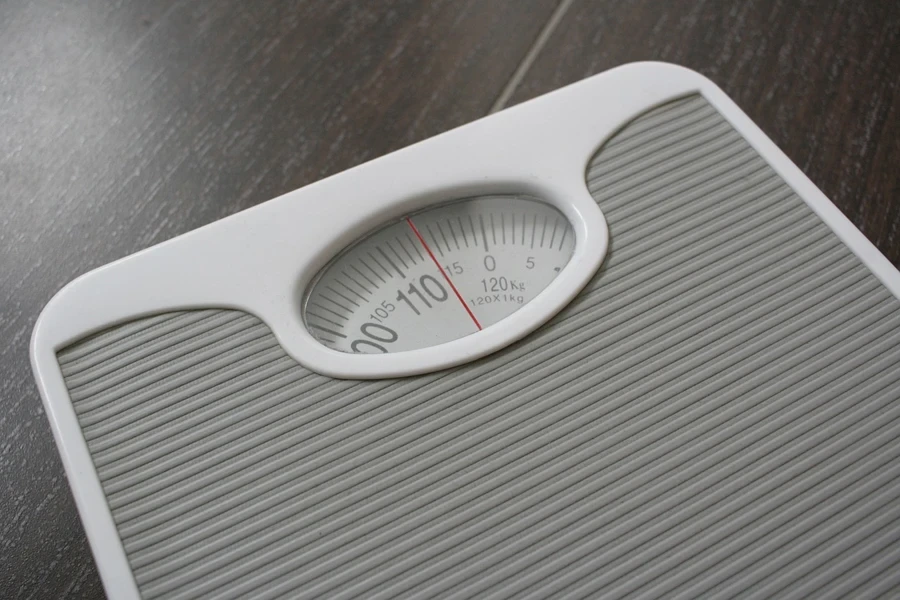
Analog weighing machines
Traditional analog weighing machines use a mechanical spring system to measure weight, with the result indicated by a needle on a dial. These machines typically have a maximum capacity ranging from 100 to 300 kilograms and an accuracy margin of around ±0.5 kg. Analog scales are known for their robustness and do not require batteries, making them suitable for environments where electronic devices might be impractical.
Digital weighing machines
Digital weighing machines feature electronic load cells that convert weight into an electrical signal, which is then displayed on a digital screen. These scales usually offer higher precision, with accuracy levels reaching ±0.1 kg. Features can include automatic calibration, tare functions, and unit conversion between grams, ounces, and pounds. Digital scales often have capacities up to 150 kg for bathroom models and up to 5 kg for kitchen models.
Electronic weighing machines
Electronic weighing machines operate with strain gauge technology, which measures the deformation of the load cell under weight. This allows for extremely precise measurements, often to the nearest 0.01 kg. These machines can include additional features such as high-precision sensors, overload protection, and digital interfaces for connectivity with computers or mobile devices. They are commonly used in laboratory settings and for applications requiring meticulous accuracy.
Smart weighing machines
Smart weighing machines incorporate advanced sensors and connectivity features, such as Bluetooth or Wi-Fi, to sync data with smartphones and health apps. These scales can measure various health metrics including BMI, body fat percentage, muscle mass, water content, and bone density. The precision of these scales can be within ±0.1 kg, and they often support multiple user profiles, allowing personalized tracking of fitness data over time. Smart scales typically have a weight capacity up to 180 kg.
Pet weighing machines
Designed to handle the dynamic nature of animals, pet weighing machines often feature a larger platform and non-slip surface to accommodate pets comfortably. These scales can measure weights up to 100 kg with an accuracy of ±0.2 kg. Features may include hold functions to stabilize readings, especially for restless animals, and easy-to-clean surfaces to maintain hygiene.
Baby weighing machines
Baby weighing machines are equipped with cradles or soft padding to safely hold infants while measuring their weight. These scales usually have a maximum capacity of around 20 kg and an accuracy of ±0.01 kg to ensure precise monitoring of a baby’s growth. Features often include motion compensation technology to account for the baby’s movements, as well as tare functions to subtract the weight of diapers or clothing for more accurate readings.
Things to consider when selecting products
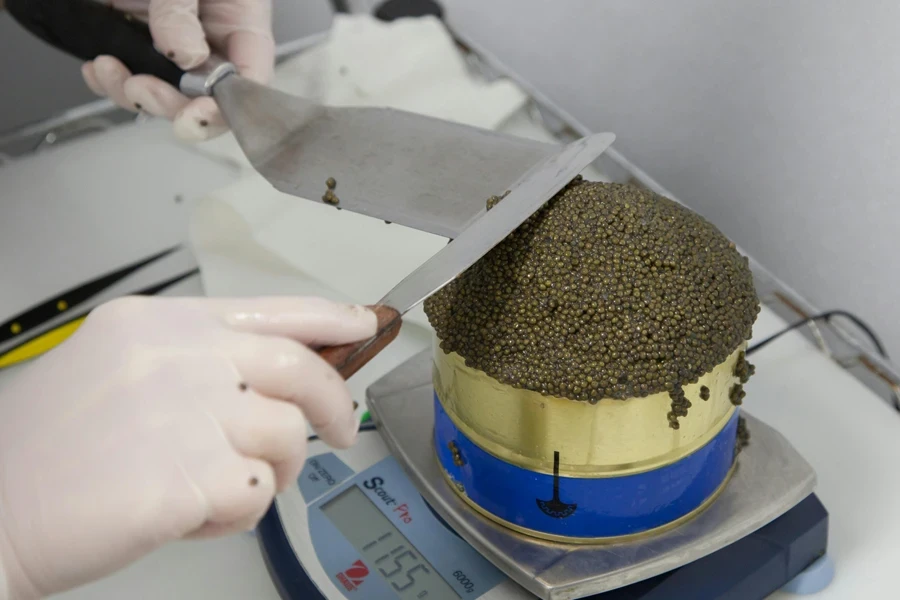
Purpose of use
When choosing a scale, the intended purpose significantly influences the selection. Kitchen scales are typically designed to measure small quantities with high precision, often featuring capacities up to 5 kg and precision levels down to 1 gram. Bathroom scales, on the other hand, are built to support larger weights, with typical capacities ranging from 150 kg to 180 kg and precision of 0.1 kg. Pet scales feature larger platforms and capacities up to 100 kg, designed to handle the movement of animals. Baby scales focus on safety and precision, often equipped with cradles and capacities up to 20 kg with accuracy levels reaching 0.01 kg.
Capacity and size
Selecting the appropriate capacity and size is crucial for the scale’s functionality. Kitchen scales require smaller capacities but higher precision, often equipped with tare functions to subtract the weight of containers. Bathroom scales need to support higher weights and often come with wider platforms to accommodate different body sizes. Pet scales usually have non-slip, larger platforms to ensure stability, with capacities tailored to various pet sizes. Baby scales are compact yet stable, with features like motion compensation to ensure accurate readings despite the baby’s movements.
Accuracy and precision
Accuracy and precision are essential, especially for health-related measurements. Digital and electronic scales often feature load cell technology, which provides precise readings by converting the weight into an electrical signal. High-end bathroom scales can measure increments as small as 0.1 kg, while advanced kitchen scales offer precision down to 1 gram. Baby scales incorporate motion detection technology to counteract the baby’s movements, ensuring accurate weight measurement. For laboratory or detailed nutritional purposes, electronic scales with strain gauge sensors provide the highest accuracy, detecting minute weight changes.
Technological features
Modern scales come equipped with various technological advancements. Smart scales connect via Bluetooth or Wi-Fi to smartphones, enabling synchronization with health apps and tracking metrics such as BMI, muscle mass, and water content. These scales often support multiple user profiles, making them suitable for family use. Kitchen scales may feature nutritional analysis capabilities, displaying the caloric and nutritional content of weighed ingredients. Some advanced models also include touch screens, voice commands, and integration with smart home systems for enhanced user convenience.
Design and aesthetics
Design and aesthetics are important for integrating the scale into any living space. Bathroom scales often feature sleek designs with glass or metal finishes, backlit displays, and slim profiles that blend seamlessly into modern bathrooms. Kitchen scales are typically compact with stainless steel or tempered glass surfaces for easy cleaning and durability. Pet scales are designed with practicality in mind, often incorporating easy-to-clean materials and ergonomic designs. Baby scales focus on safety and comfort, with soft padding and secure cradles to keep the baby safe during weighing.
Budget and cost
Balancing budget and cost is crucial to ensure one gets a scale that meets their needs without overspending. While high-end models offer advanced features and greater precision, there are also budget-friendly options that provide reliable performance. It’s important to compare the features, accuracy, and durability of different models within their budget. Investing in a scale with the necessary features and build quality ensures long-term satisfaction and value for money.
Conclusion
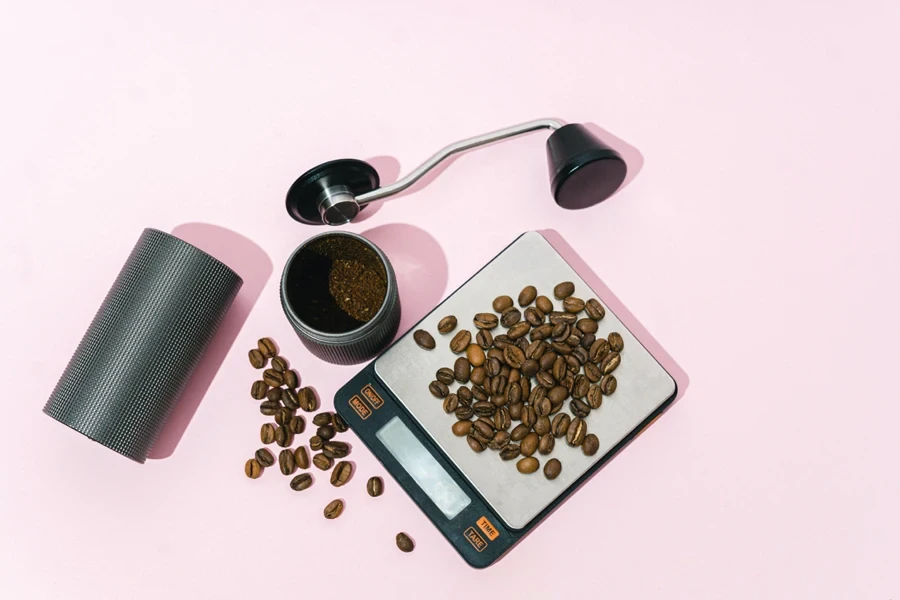
Selecting the right household scale requires a thorough understanding of market trends, different types of scales, and their key features. By evaluating specific needs such as purpose, capacity, accuracy, technological features, design, and budget, businesses can choose scales that not only fulfill their operational requirements but also enhance efficiency and precision. A well-chosen scale contributes significantly to maintaining high standards in both personal health monitoring and professional applications.
